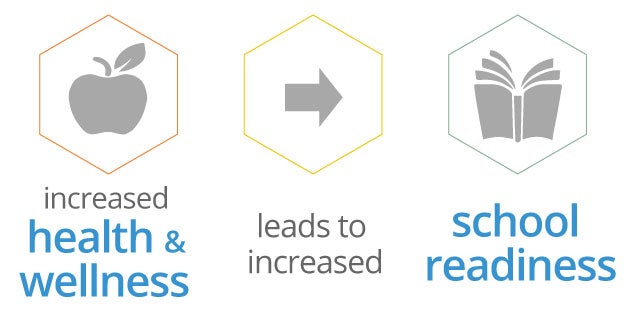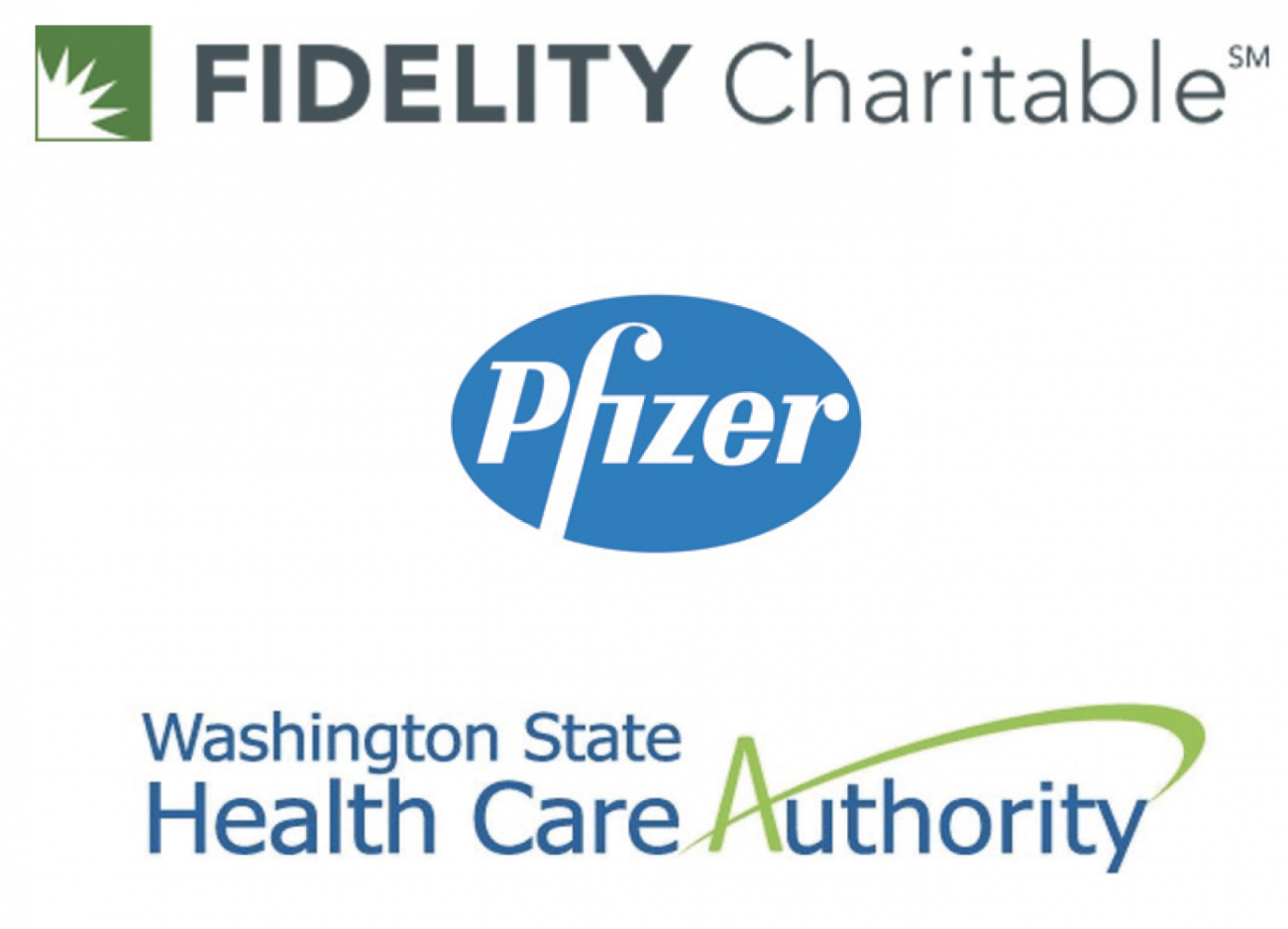UCLA Health Care Institute
Why Is Health Literacy Important?
Health Literacy is fundamental to individuals to make decisions, manage their health, and achieve health equity.
- Evaluate and interpret health information
- Make health decisions
- Navigate health systems
- Communicate with health care providers
Fundamental to the innovative approach taken by HCI is the recognition that low health literacy is a key obstacle and that to effectively disseminate knowledge and empower families, materials had to be tailored to the audience’s literacy level, language and culture. Also key to the success of HCI’s methodology is the recognition that relationship building and engagement are fundamental, leading to empowerment of parents and families. Increased health and wellness also leads to increased school readiness.

Health literacy is taking center stage as an imperative for improving health care and health outcomes. HCI recognizes that to effectively disseminate knowledge and empower families, materials had to be tailored to the audience’s literacy level, language and culture. HCI recognizes that improving health literacy is a key stepping-stone to creating healthier families, healthier children and healthier communities.
Strategies to Promote Resilience and Wellness for Head Start Staff Through a Trauma Informed Lens
The UCLA Health Care Institute (HCI) is pleased to share with you that applications for its newest training opportunity for Head Start are now available. As you move towards fully in-person comprehensive services, this training can support your ongoing program efforts and activities to better incorporate a trauma-informed approach with a specific focus on promoting resilience and wellness for Head Start and Early Head Start staff. Learn trauma-informed practices and develop a strategic plan identifying current practices and next steps for building a trauma-sensitive and responsive organization. Participating agencies will also participate in multiple quality-improvement coaching calls over a 6-month period and receive evaluation tools to monitor their progress and change.
Program Details
The Trauma Informed Care Training for Head Start will be delivered VIRTUALLY over a 4-week period, 2 days per week, from 9am-1:30pm (Pacific Standard Time). Dates are as follows.
May 1 & 2, 2024
May 8 & 9, 2024
May 15 & 16, 2024
May 22 & 23, 2024
This training will help Head Start organizations and its staff to do the following:
- Build awareness about their own experiences with trauma and how this impacts their current practice and work with children.
- Understand their own triggers around children’s behaviors and utilize strategies to support themselves with awareness, reflection and self-care after experiencing burnout and compassion fatigue.
- Learn trauma-informed practices that support attunement and relationship-building in the workplace, with an emphasis on reflection and inquiry, parallel process and reflective supervision grounded in relationship-based practice.
- Conduct a self-assessment of their organization that will help identify current practices and next steps for building a trauma-sensitive and-responsive organization.
For questions, please contact Dr. Ariella Herman at ariella.herman@anderson.ucla.edu or Carol Wang at carol.wang@anderson.ucla.edu
Parents Are Empowered to Be Their Children's First Teacher

“We believe health literacy is a door to family engagement, as each fimaly strives to do its best for children, together we are creating healthier families, healthier children, and healthier communities”
Ariella Herman
Research Director
UCLA Health Care Institute



